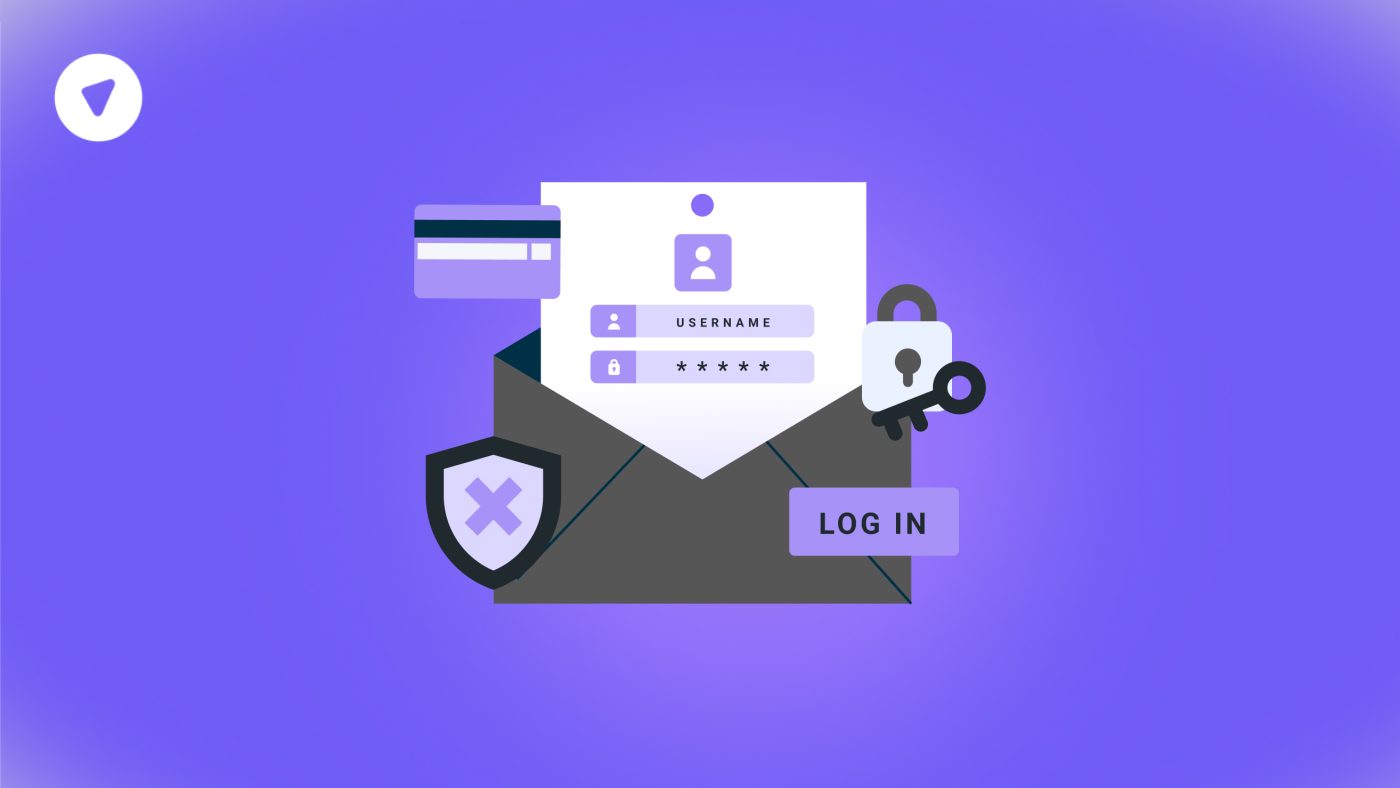Scammers are always one step ahead, and their latest move is targeting Florida drivers with fake SunPass toll alerts. If you received a SunPass toll services scam message, you’re not alone. These messages are crafted to look real, and they’re catching people off guard every day.
Let’s break it all down — how the scam works, what to do if you got one, how to tell it apart from real alerts, and how to protect yourself or your users from falling into this trap.
What Is the SunPass Toll Services Scam Message?
This scam involves a fraudulent text that claims to be from SunPass, Florida’s electronic toll collection system. The message usually tells you there are unpaid tolls on your account and asks you to pay immediately.
The message includes a malicious link that leads to a fake website. It may look like this:
Or like this:
Or perhaps like this:
Clicking the link takes you to a spoofed SunPass site, where you’re prompted to enter your payment details. The goal? Steal your information.
Why This Works on So Many People?
Scammers use urgency, fear, and authority. And toll fees are one of those things you can’t always verify instantly. Most people just think:
“Maybe I forgot to pay something… better handle it now.”
That’s exactly what the scammers want.
TL;DR: If You Got the Scam Message
- Don’t click the link
- Don’t respond
- Screenshot the message
- Block the number
- Report to:
What the Scam Text Usually Looks Like?
Here are some common templates of the SunPass toll services scam text messages:
Fake Message Examples:
Red flags:
- Shortened URLs
- Generic or threatening language
- No account number or verification steps
- Suspicious domain endings (.net, .info, .link)
What To Do If You Receive a Scam Message?
If you’ve received a SunPass toll services scam message, follow these steps immediately:
- Do NOT click the link. Just don’t. Even if you’re curious, close the message.
- Don’t reply to the text. That confirms your number is real and active.
- Block the sender. Whether it’s a short code or full number, get it out of your inbox.
- Report it:
- To SunPass: Use their support portal.
- To the FTC: Visit reportfraud.ftc.gov
- To your mobile provider: Forward the text to 7726 (SPAM)
- To SunPass: Use their support portal.
Taking action protects you and helps others avoid falling into the same trap.
How to Stay Protected from Future Scam Messages?
Here are a few practical tips to avoid getting fooled again by a SunPass toll scam message:
- Install spam filters or scam-blocking tools on your phone.
- Use a VPN to reduce your digital footprint and avoid targeting.
- Never click on links from numbers you don’t know.
- Use bookmarks to access SunPass or toll payment sites.
- Check domain names carefully — scammers often change one letter or use a different extension like .net or .co.
Pro Tip: Protect Yourself from Being Tracked
Many users report that after using a VPN, scam messages dropped noticeably. That’s because VPNs mask your IP address, making it harder for bad actors to track your location or behavior across websites.
Consider using a trusted VPN service to encrypt your connection, block trackers, and reduce exposure to phishing attempts. It’s a simple, non-technical step that adds real protection.
If you’re a tech startup, mobility platform, or payment app — offering a VPN under your own brand helps your users stay secure while reinforcing your brand’s value.
With PureVPN White Label, you can launch your own fully branded VPN in weeks — no infrastructure needed. Just one more way to support your users in a safer digital world.
Final Takeaways
The SunPass toll services scam message is just one example of how far scammers will go. They copy real brands, real services, and real websites — just to get your data.
Don’t trust unexpected messages. Don’t click random links. And always confirm with the source before taking any action.
And if you’re running a tech platform, payment system, or customer-facing service — start giving your users the tools to protect themselves. VPNs are a smart first step.
Want your own private-labeled VPN? Start with PureVPN White Label today.
This Guide Gets Updated Regularly
Scam messages like the SunPass toll services scam message evolve fast. One day it’s a fake toll alert — the next it’s pretending to be a court summons.
We keep this guide up to date by monitoring real reports and submissions from readers.
Last updated: May 2025
- New scam patterns will be added as we verify them.
- Got one we missed? Drop it in the comments and we’ll review it.


